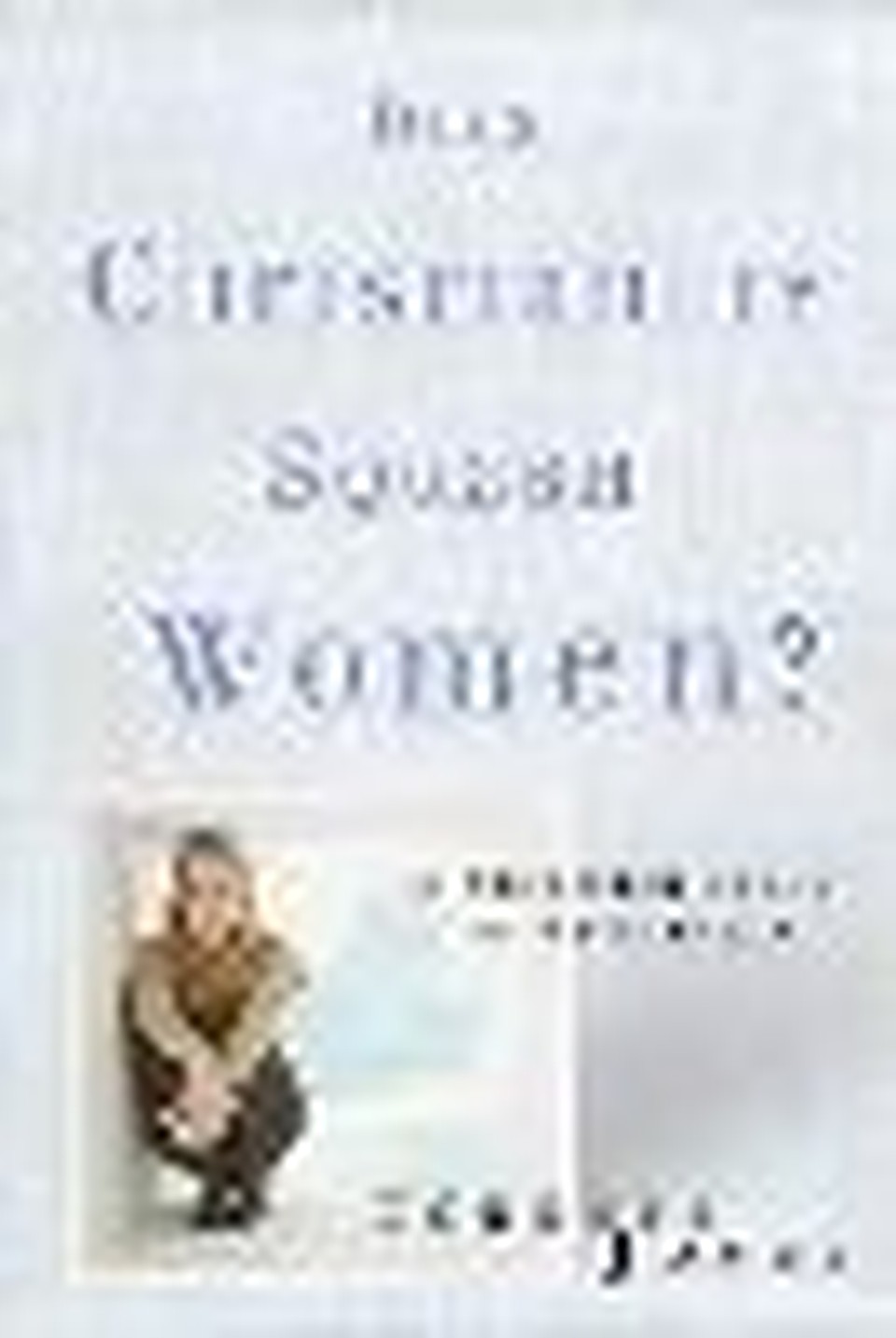Does Christianity Squash Women? Author Explores Feminism

NASHVILLE, Tenn. — Can women have it all? A new book from Broadman & Holman explores that very question by defining womanhood from a biblical perspective.
Rebecca Jones, a mother of seven and grandmother of six, wrote “Does Christianity Squash Women? A Christian Looks at Womanhood” to help Christian women understand their identity by examining God’s definition of womanhood.
Jones served for 17 years with her husband, Peter, as a missionary in France with the Presbyterian Church in America and later taught graduate writing skills at Westminster Seminary. A frequent speaker for women’s groups, Jones also serves on the board of the Council on Biblical Manhood and Womanhood.
Jones’ book begins with the examination of feminism and whether women have experienced all of the benefits the women’s movement set out to achieve. The freedoms feminists fought for, Jones writes, have resulted in certain expectations within society – women expect equal pay for equal work; equal participation in any and every organization, including academics, sports, politics, the military and the church; and to make decisions “about their bodies and their health.”
So, Jones writes, “Having severed their dependence on men and the family structure, women are forced to prove that they can make it on their own.
“Independence has come at a great price.”
Throughout the book, the relationships and lives of Bible characters – including Adam and Eve’s relationship and the role the first woman played in the world – are examined in detail. Jones profiles such women in Scripture as Mary, the mother of Jesus; sisters Mary and Martha; Deborah; Sarah, the wife of Abraham; and more notorious women such as Tamar, Rahab and Bathsheba.
And Jones shows how Jesus treats women, an example for men to follow.
“Jesus never slanders or belittles women,” she writes. “He does not make generalizations about them. He does not shut them out of conversations or ignore them. He doesn’t make them feel small or relegate them to an inferior status. Everything He says and does in relation to women shows the utmost care and respect.
“If Jesus the Christ does not squash women,” Jones writes, “then Christianity should not squash them either.”
The book ends with a close look and comparison of the relationship between the church and Christ and the husband-wife relationship.
“A woman does not look to her human husband for regeneration, but she does find refreshment, comfort and renewed strength in his strength and love,” Jones writes.
“It is a happy woman who lives in a home where her husband bathes himself in God’s Word and creates a Word-soaked atmosphere for fun and work.... Just as the church drinks up the love and truth that Jesus offers ... so a wife’s soul is revived by a husband whose love she trusts.”
Women have “listened too long to the poisonous whispers of our culture” for their identity in marriage, Jones writes, noting, “It is not demeaning to ‘belong’ to a husband.”
Instead, women should embrace their roles as helpers to the authority of their husbands, just as the church should embrace its role as a support to Christ, Jones argues. In the same way, men must treat women with respect, just as Christ treated women, Jones writes.
A woman’s significance should not be based on the world’s formula but rather God’s, Jones writes, and as women learn to do this, they will experience greater personal satisfaction for themselves and their families.
“Our God has asked us to fulfill a job,” Jones writes. “It may seem small and insignificant. It may seem humiliating and second class. But God has defined what He wants us to do. He has given us the gifts, the power and the love necessary for our task, and He promises to establish the work of our hands.”
© 2005 Southern Baptist Convention, Baptist Press. All rights reserved. Used with permission.
Originally published January 10, 2006.







